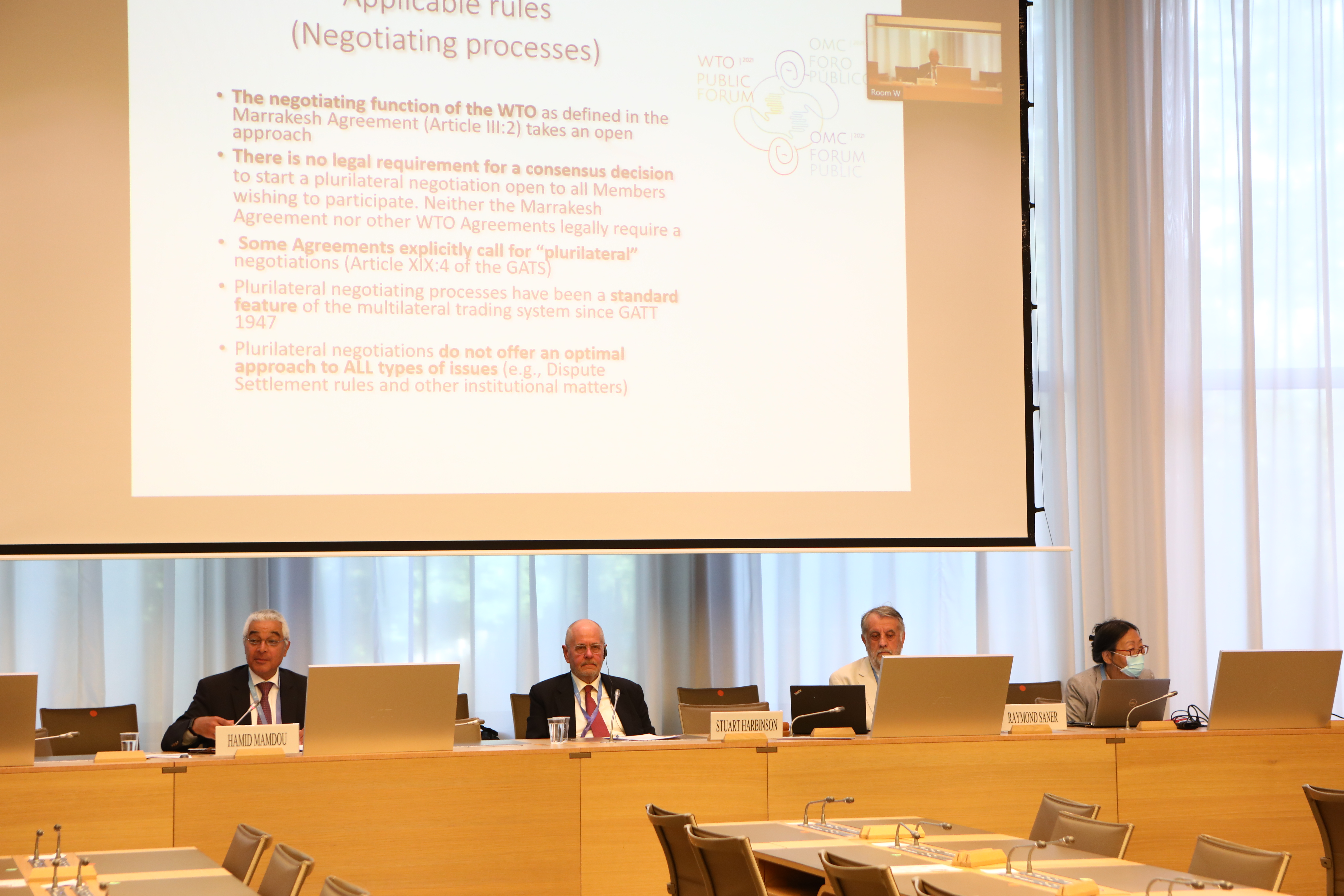European Diplomacy: Regional Cooperation, Lifelong Learning and Diplomatic Training, Diplomatic Academy Proceedings, Vol.8, Nr1, 2011, Diplomatic Academy, Zagreb, Republic of Croatia
Foreign Service officials are sometimes sent to MBA schools or private training institutions to take management and leadership courses. As a consequence, such outsourcing might not figure on the main course listings of diplomatic academies. Still, I would claim that training in management and leadership remains the exception and that it would be beneficial


